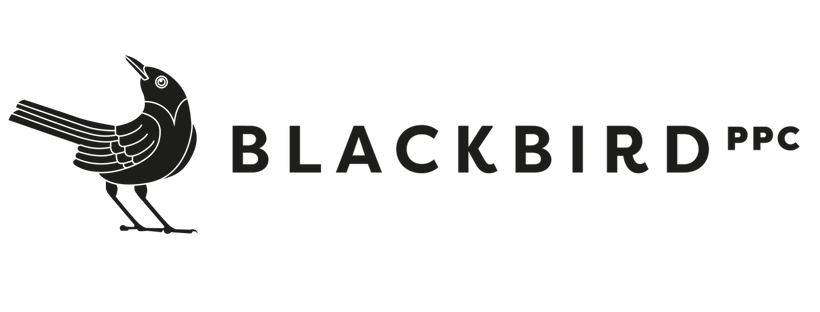Chrome 3P Cookie Deprecation Cheat Sheet
As Google prepares to phase out third-party cookies, it's crucial to grasp how this transition affects every stakeholder involved. Our curated insights offer a comprehensive perspective to guide your strategies and decisions in navigating this swiftly changing digital landscape.
Consumers
Positives: More privacy, less being chased around the internet with the same ad via retargeting.
Negatives: Less relevant ads. On a meta-level, many "free" services we use are funded through advertising, so if ads are not as effective, then there might also be a degradation of services or more ad-free paid options.
Advertisers who use data enrichment, AB, third-party display
Positives: Perhaps less competition if advertisers pull back in auctions but no direct benefit.
Negatives: Cannot fuel huge media buys through purchasing third-party data or data enrichment. Must rely more on Google's and Meta's first-party platform data. ABM will be even more LinkedIn-centered.
Majority of Advertisers
Positives: Perhaps less competition if advertisers pull back in auctions but no direct benefit. Ostensibly customers will have more faith in ads. Facebook will take the largest hit, though the impact won’t match that of Apple's privacy change.
Negatives: Harder to establish performance for Facebook Chrome users (~5% of traffic). Forced to adopt new measurements like on/off testing, MMM, and probabilistic reporting. Smaller platforms will be harder to show performance though this spend is relatively low compared to Google, Meta, and LinkedIn.
Positives: Still has Google search data to build audiences. Chrome can still use Google's cookies because they are technically first-party. Enhanced conversions and OCT are already here. Meta is hurt more than Google, so it's a relative win in the battle for budgets.
Negatives: No big losses from this specific Chrome change since Google can still use their cookies. Expect more tracking changes that slowly erode targeting, real-time bidding, and reporting.
Meta
Positives: Meta still has substantially more 1PD compared to third-party technologies and most other display platforms. Chrome won't be as impactful as Apple's privacy updates, which Meta has seemingly shrugged off.
Negatives: Loss of some ability to use Facebook tags on Chrome on sites to harvest user data. This hurts its ability to target, use LALs, and, of course, report performance.
Positives: LI's ABM competition is hurt as they use aggregated 3P data to track and bid. LI lead-gen ads are going to be way more important as that is still first-party. LI has recently rolled out off-line conversions to help address the tracking issue.
Negatives: Harder to track performance from website ads and harder to retarget to site visitors.
Smaller Platforms (Third party display, Snapchat, Pinterest, X, etc.)
Positives: None
Negatives: Platforms like Pinterest, X, and Snapchat all will lose the ability to track performance on Chrome.
Advertising Agency
Positives: All programs need more sophisticated analytics, and this ultimately is a strong added value prop for smart agencies. Bad measurement has always been an issue, but this change emphasizes the importance of using 1PD and augmenting existing systems.
Negatives: Worse numbers usually mean lower budgets, though ultimately this specific impact won't be too bad.
Data enrichment technologies/Any tech that creates audiences for display, RTB technologies.
Positives: None
Negatives: All of these techs are essentially creating new tracking infrastructure, relying more on probabilistic reporting and what amounts to huge vlookups with first-party user IDs. The biggest issue has to do with RTB using third-party tech, though I am sure we'll see incremental improvements.
